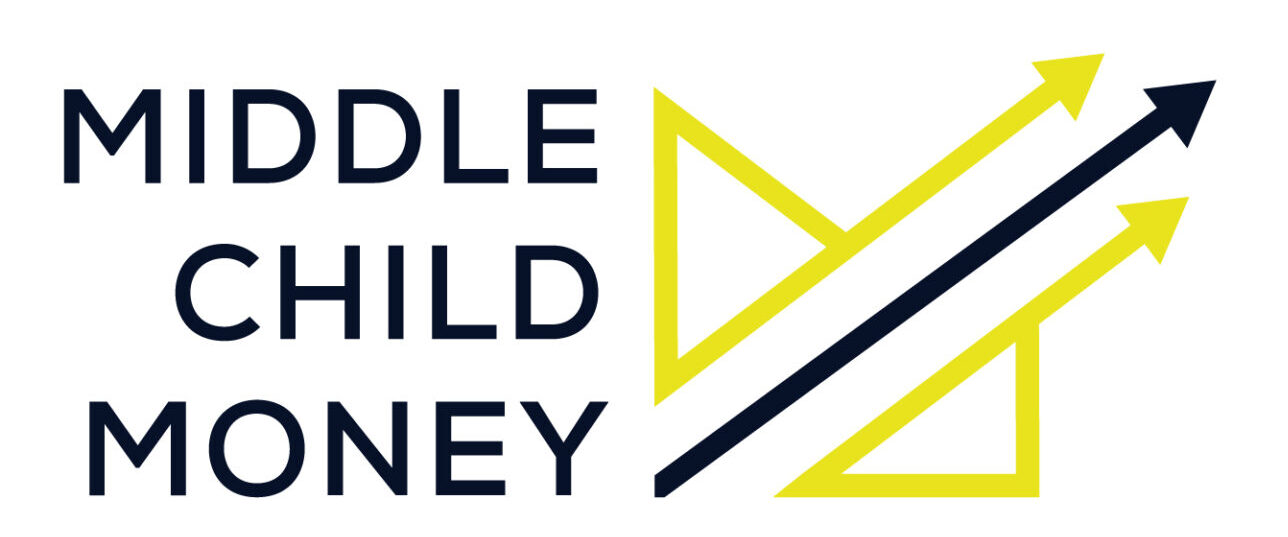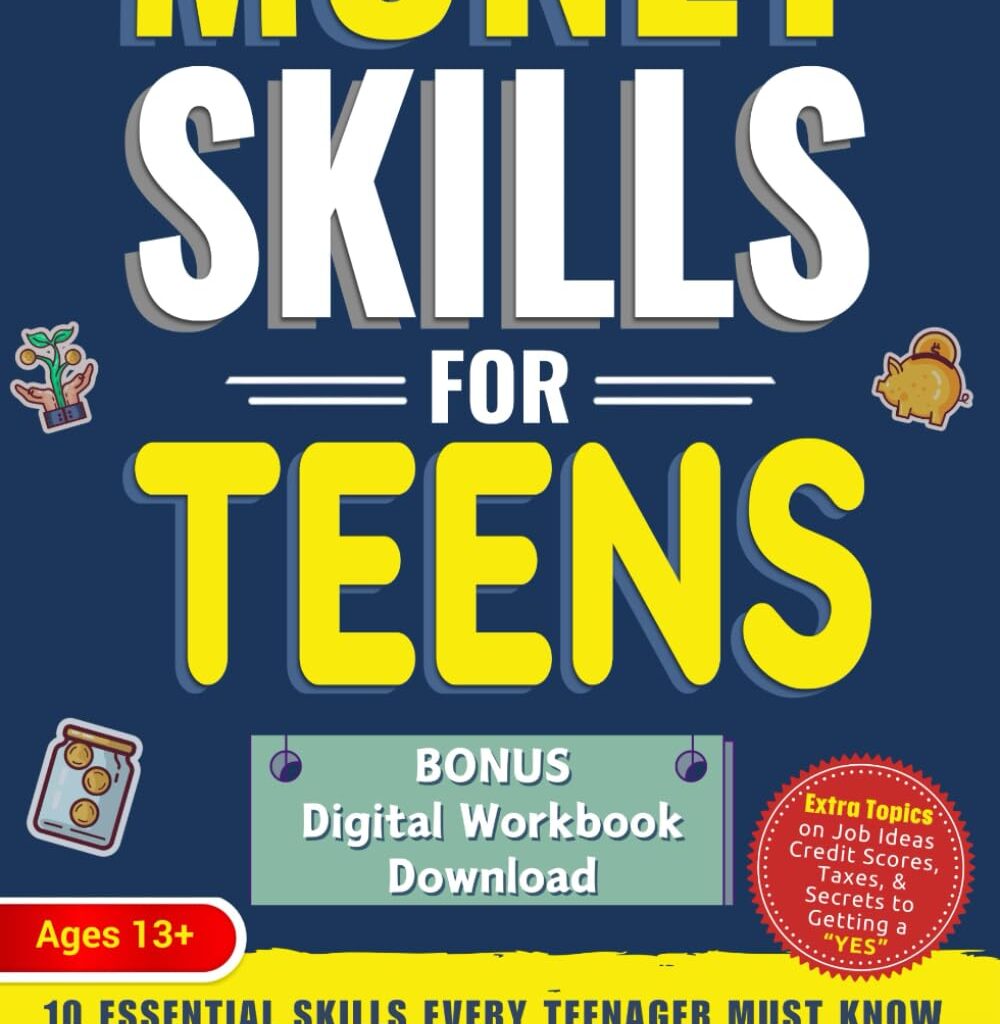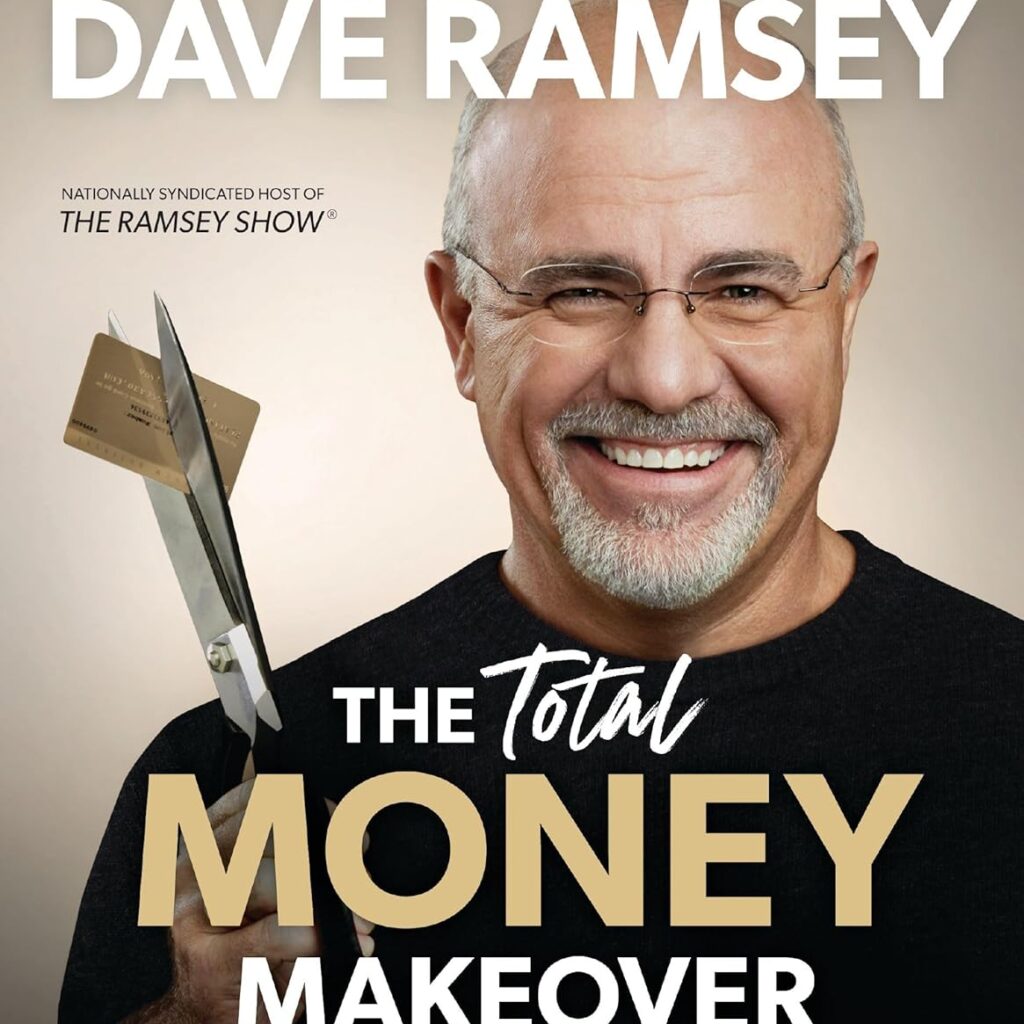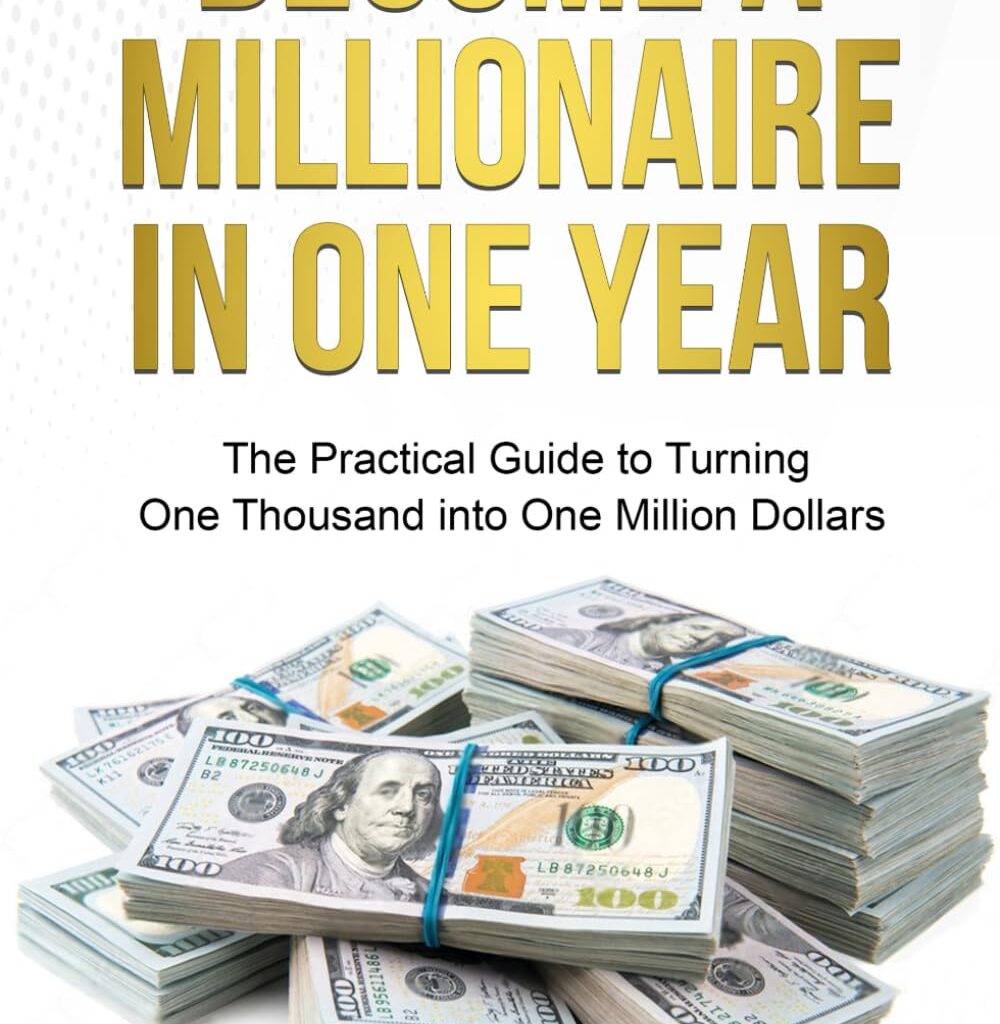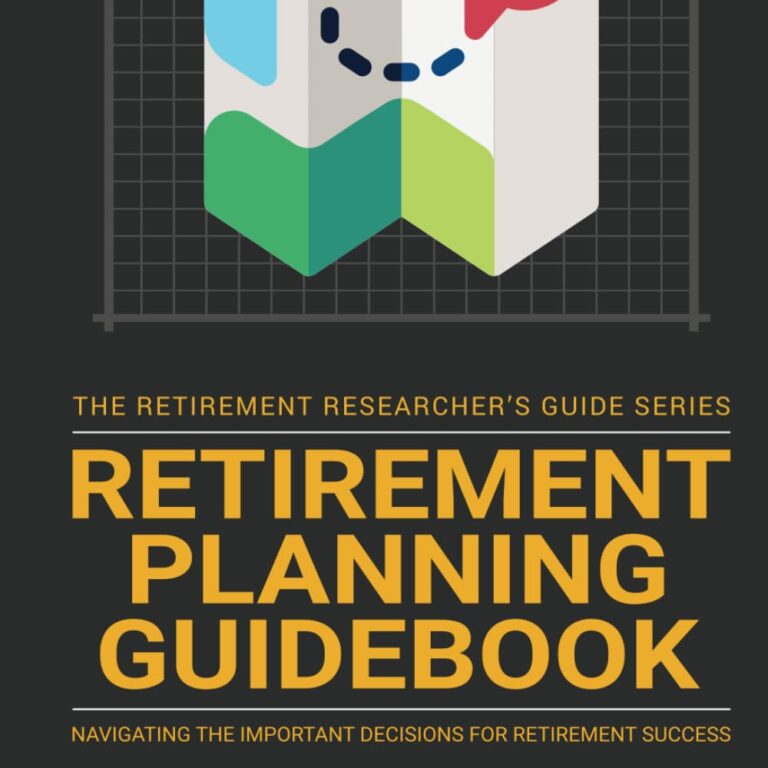Disclaimer: This article contains affiliate links, which means I may receive a small commission if you make a purchase through one of the links, at no extra cost to you. We maintain our editorial excellence by vetting all of these offers, and ensuring top quality content for our Middle Child Money Crew! This helps support the running of MiddleChildMoney.com. Thank you for your support!
What would a Harris Presidency mean?
As families across America strive to improve their financial well-being, the prospect of a Kamala Harris presidency looms on the horizon. With the 2024 election approaching, it’s crucial to understand how her potential policies might affect your journey to get out of debt. From taxes to healthcare, Harris’s proposed changes could significantly influence your family’s financial landscape and your ability to achieve financial freedom.
For many households, the path to get out of debt can seem daunting. It requires careful planning, disciplined spending, and often, navigating complex economic policies. As we explore the potential impacts of a Harris presidency, we’ll uncover how her proposed policies could create both opportunities and challenges for families working to eliminate their debt.
In this comprehensive guide, we’ll delve into ten key areas where a Harris presidency could reshape your family’s finances. We’ll examine how these potential changes might affect your strategies to get out of debt, and provide practical tips for adapting your financial plans. Whether you’re dealing with credit card debt, student loans, or mortgage payments, understanding these potential shifts can help you make informed decisions on your path to financial stability.
Remember we are not endorsing any candidate. We have done a similar post for Ways Trump’s Presidency Could Reshape Your Family’s Ability to Get out of Debt. Check it out and compare notes so we can make an informed decision.
Recommended Reading
Tax Policy and Your Debt Repayment Strategy
Vice President and Presidential Candidate Kamala Harris’s proposed tax policies could significantly impact your family’s ability to get out of debt. Her plan includes reversing some Trump-era tax cuts for high-income earners. This might shift tax burdens, potentially affecting your disposable income for debt repayment. However, Harris has also suggested tax credits for low and middle-income families. These credits could provide extra funds to tackle debt more aggressively.
When considering how these potential tax changes might affect your debt repayment strategy, it’s important to stay flexible. If you receive additional funds from tax credits, consider allocating them directly to your debt. This approach can accelerate your journey to becoming debt-free. Remember, using windfalls wisely is a key strategy in how to get out of debt.
Healthcare Reform and Its Financial Implications
Healthcare costs often contribute significantly to family debt. Harris supports expanding the Affordable Care Act and implementing a Medicare-for-All system. These changes could lead to shifts in healthcare costs and coverage options for many families. While the goal is to reduce overall healthcare expenses, the transition period might bring uncertainties.
To prepare for potential healthcare policy changes, review your current health insurance and medical expenses. Consider how a Medicare-for-All system might affect your budget. If you have medical debt, and are wondering how to get out of debt, explore options for negotiation or consolidation. Remember, addressing medical debt is a crucial step in how to get out of debt overall.
Education Policies and Student Loan Debt
Remember the article we wrote about Student Debt? Go back and read that before proceeding. Click Here to Read it.
Harris’s stance on education could have a profound impact on family finances, especially regarding student loan debt. She has proposed making community college free and four-year public colleges debt-free for most students. This could significantly reduce the need for student loans, easing one of the largest sources of debt for many families.
If you’re currently dealing with student loan debt, stay informed about potential policy changes. Consider income-driven repayment plans or loan forgiveness programs. For families planning for future education expenses, explore savings options like 529 plans. Remember, managing education costs effectively is a key component of how to get out of debt and stay out. The best way to get out of debt, is to avoid it all together.
Job Market Changes and Income Potential
Harris’s focus on green jobs and infrastructure investment aims to create new employment opportunities. This could lead to wage growth in certain sectors, potentially providing more income to put towards debt repayment. However, economic policies often have complex outcomes, so it’s important to stay adaptable.
To leverage potential job market changes, consider upskilling or exploring growing industries. Increasing your income is a powerful strategy in how to get out of debt. Look for opportunities to earn extra through side hustles or freelance work. Every additional dollar earned can be directed towards debt repayment.
Consumer Protection and Debt Management
Harris supports strengthening the Consumer Financial Protection Bureau and has proposed measures to combat predatory lending practices. She also advocates for stricter regulations on payday lenders and expanded access to affordable banking services. These policies could provide additional safeguards for families working to improve their financial situations.
To take advantage of potential consumer protections, educate yourself about your rights as a borrower. Be wary of high-interest loans and predatory lending practices. Explore reputable debt consolidation options if you’re struggling with multiple debts. Understanding your options is crucial in learning how to get out of debt effectively.
Housing Affordability and Getting out of Debt
Housing costs often compete with debt repayment in family budgets. VP Kamala Harris has outlined plans to address housing affordability, including a renters’ tax credit and expanded down payment assistance for first-time homebuyers. These policies could potentially make housing more affordable, freeing up more of your income for debt repayment.
If you’re renting, stay informed about potential renter’s credits and how they might affect your budget. For those considering homeownership, carefully weigh the costs and benefits, especially if you’re working on getting out of debt. Remember, while homeownership can be a good long-term financial strategy, it’s important to balance it with your debt repayment goals.
Plan Retirement & Get Out of Debt
Harris has proposed expanding Social Security benefits and creating a new tax credit for family caregivers. While these policies aim to improve financial security for seniors, they could also impact your long-term financial planning and strategies to get out of debt.
When planning for retirement, consider how potential policy changes might affect your savings needs. Continue to prioritize debt repayment, especially high-interest debt, alongside retirement savings. Remember, entering retirement debt-free is an important goal. Balancing retirement savings with debt repayment is a key aspect of how to get out of debt while securing your financial future.
Energy Policy and Household Budgets
Harris’s focus on combating climate change and promoting renewable energy could influence energy prices. While this might lead to higher costs in the short term, it’s worth considering the long-term implications. Investing in energy-efficient appliances and vehicles could help insulate your budget from potential energy price fluctuations.
To prepare for potential energy policy changes, consider energy-efficient upgrades to your home. While these may require upfront costs, they can lead to long-term savings. This approach can free up more money for debt repayment. Remember, reducing ongoing expenses is an important strategy in how to get out of debt.
International Trade and Consumer Prices
Harris’s approach to trade deals and international relations could influence the cost of imported goods. This could affect your family’s budget in various ways, potentially impacting your ability to repay debt. Being mindful of these potential price changes when budgeting for major purchases could help avoid financial strain.
To navigate potential changes in consumer prices, focus on needs versus wants in your spending. Look for opportunities to buy American-made products if they become more cost-competitive. Most importantly, maintain a flexible budget that prioritizes debt repayment. Adapting to economic changes is a crucial skill in learning how to get out of debt.

Financial Education and Family Money Management
Regardless of political outcomes, financial education remains crucial for families working to get out of debt. Consider making financial literacy a family activity, discussing money matters openly and involving children in age-appropriate financial decisions. Teaching children about budgeting, saving, and responsible credit use can set them up for future financial success.
To enhance your family’s financial education, explore free resources online or at your local library. Consider working with a financial advisor or credit counselor for personalized advice. Remember, improving your financial knowledge is a powerful tool in how to get out of debt and stay out.
In conclusion, while a potential Harris presidency could bring significant changes to the financial landscape, the core principles of sound financial management remain constant. Stay informed about policy proposals, but don’t let political uncertainty paralyze your financial decision-making. Continue to focus on reducing debt, particularly high-interest balances, and building a strong financial foundation for your family. By staying adaptable, informed, and committed to sound financial practices, you can navigate whatever changes may come and work towards your family’s financial goals, including getting out of debt.
Remember, the journey to get out of debt is often a marathon, not a sprint. It requires patience, persistence, and a willingness to adapt to changing circumstances. Whether it’s a new presidency or other life changes, the key is to stay focused on your financial goals. Keep educating yourself about personal finance, seek professional advice when needed, and don’t be afraid to adjust your strategies as your situation evolves.
As you work to get out of debt, celebrate your progress along the way. Every dollar paid off is a step towards financial freedom. Share your successes with your family and use them as teaching moments for your children. By involving the whole family in your financial journey, you’re not just getting out of debt – you’re building a legacy of financial responsibility for future generations.
Disclaimer
The content provided on Middle Child Money is for informational and entertainment purposes only. We are not licensed financial advisors, and the information shared on this blog should not be considered professional financial advice. We encourage all readers to consult with a licensed financial professional to discuss their individual financial situations and needs. The opinions expressed on this blog are solely those of the author, Nate Bradley, and do not reflect the views of any affiliated organizations. Middle Child Money cannot be held liable for any actions taken based on the information provided on this site.
